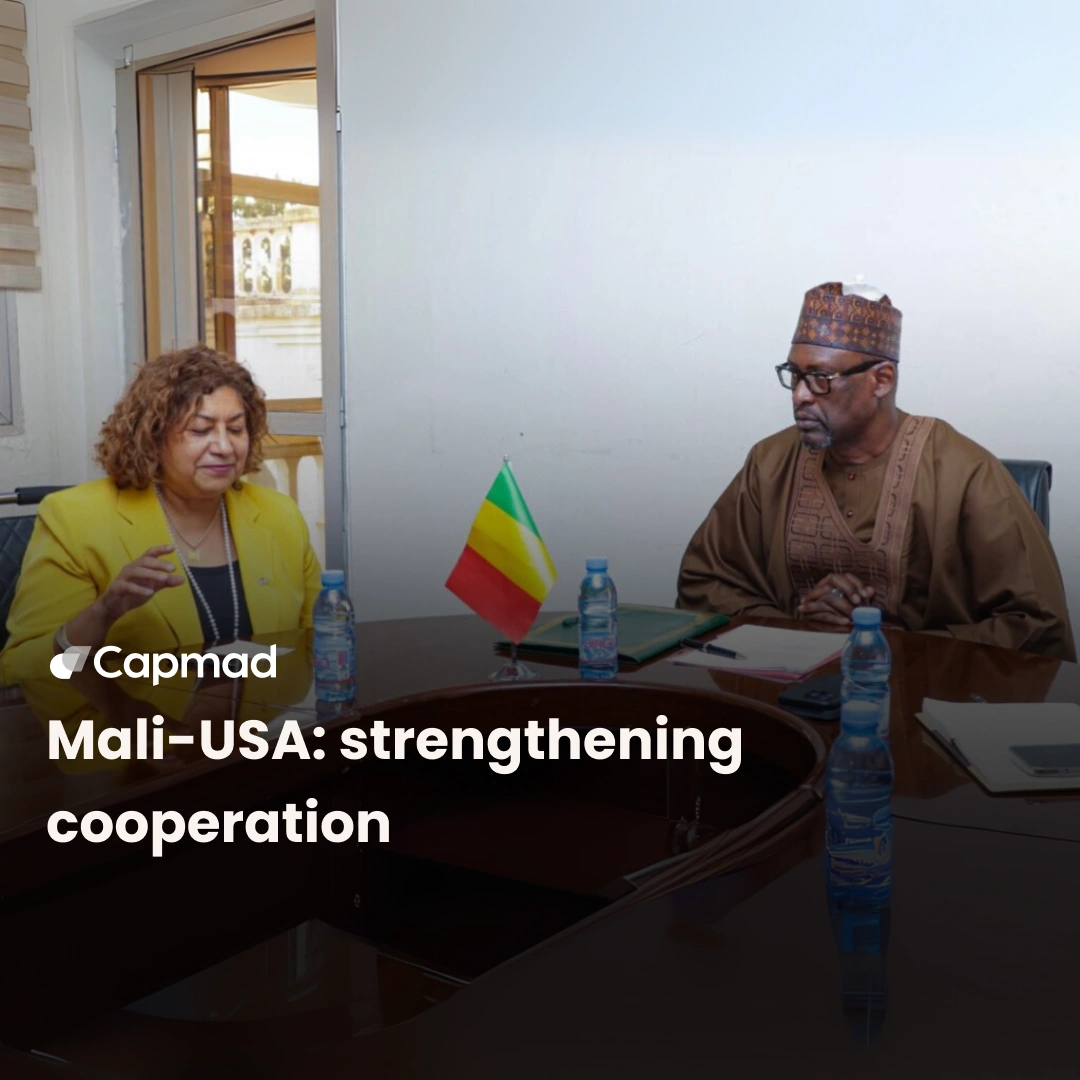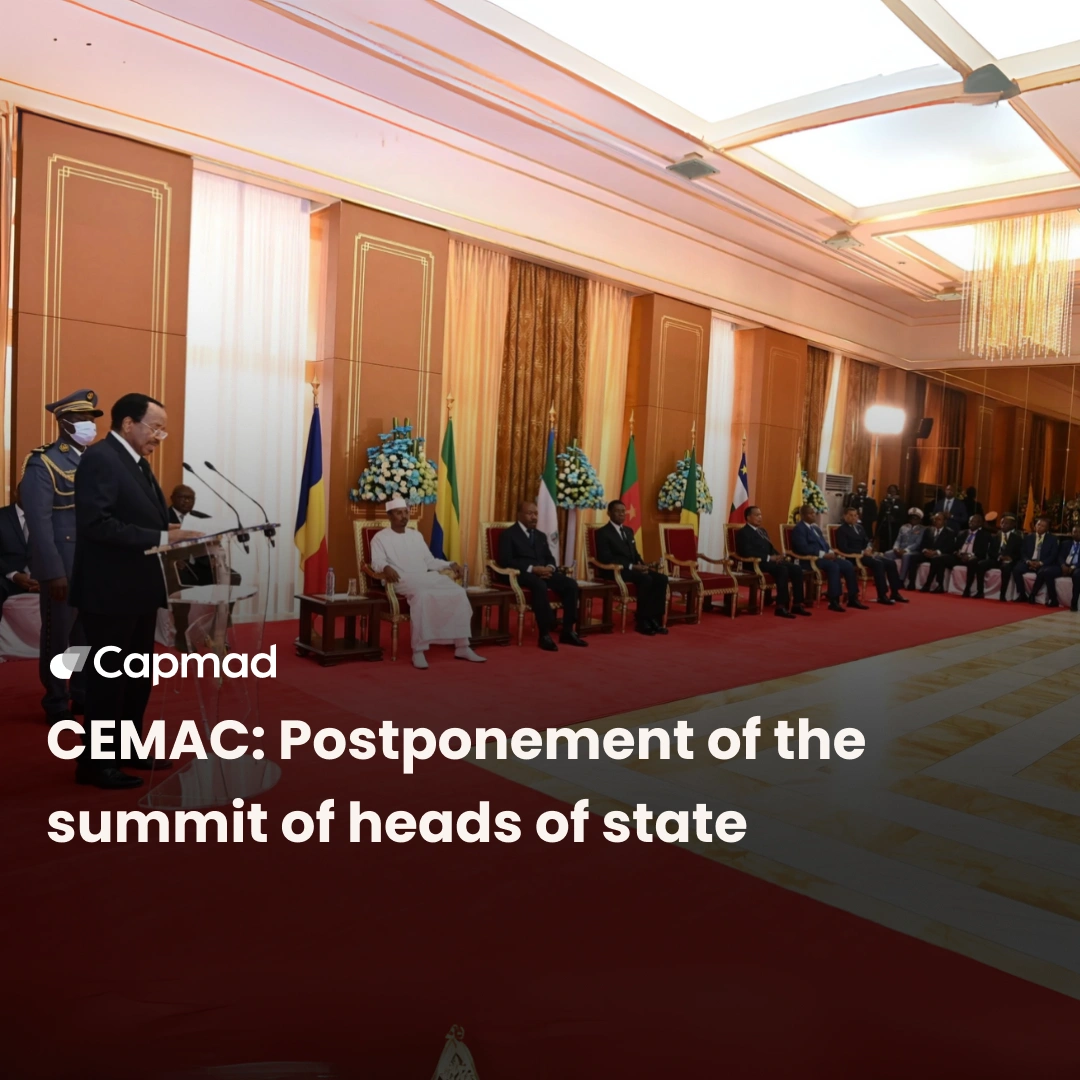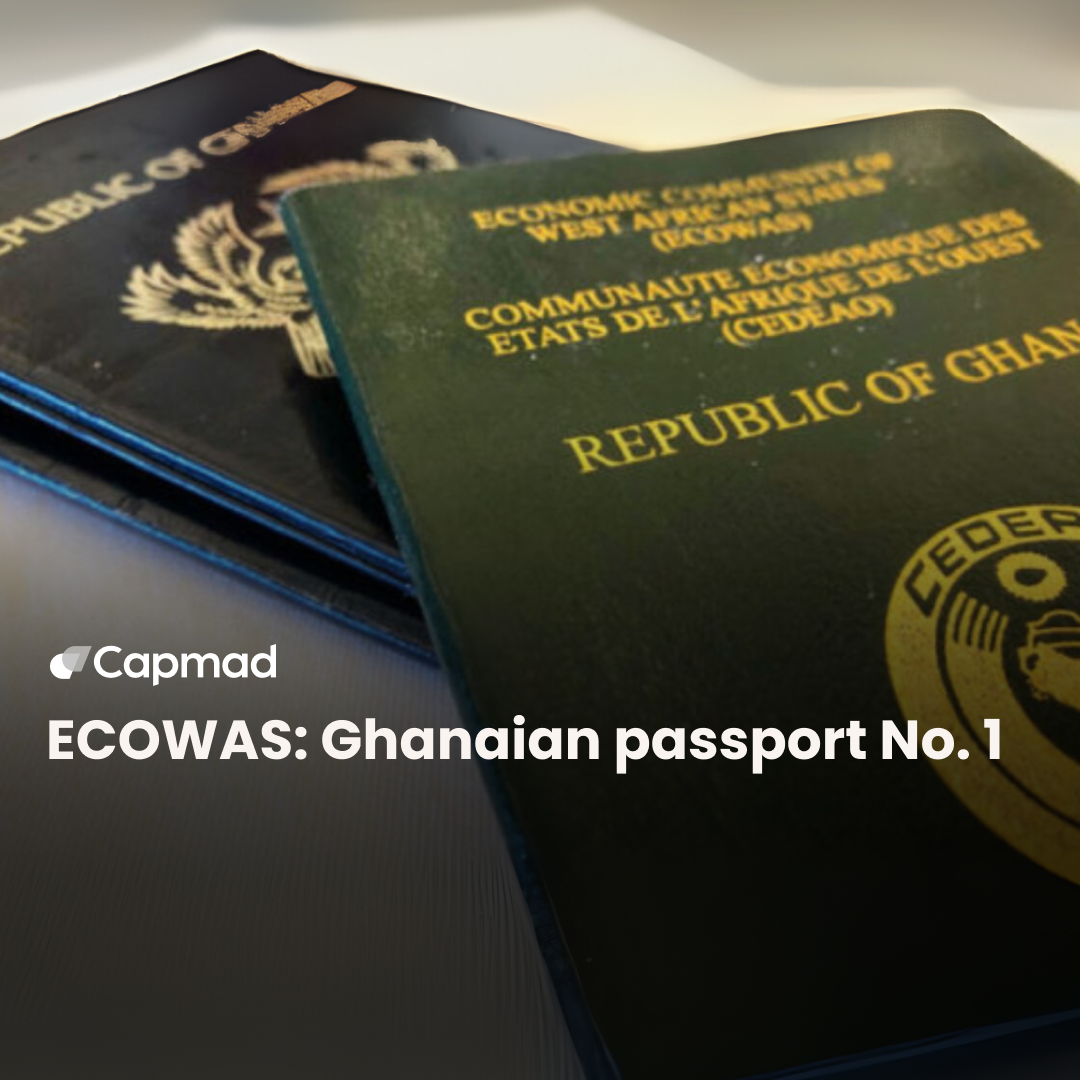The first EU-Africa cyber-diplomacy dialogue, held in Brussels on June 20-21, 2024, aims to strengthen cooperation in the face of digital challenges. This meeting marks a turning point in diplomatic relations between the two continents.
Cyber-diplomacy : New pillar of EU-Africa cooperation
The inaugural informal meeting of EU and African ambassadors for cyber-diplomacy took place at the Egmont Palace in Brussels. Organized during the Belgian presidency of the EU Council, this event represented a significant opportunity to address current digital issues. Participants included representatives from EU member states, several African states, officials from the European External Action Service (EEAS) and the European Commission, as well as experts and academics.
Challenges of digitalization for social and economic development
Digitalization plays a crucial role in the social and economic development of societies. Connectivity and digital transitions are at the heart of current policies. However, cyberspace is subject to threats and vulnerabilities that affect both governments and economies on both continents. Strengthening cybersecurity and improving digital capabilities are essential to ensure sustainable and secure growth.
Geopolitics of cyberspace and emerging technologies
Geopolitical competition around cyberspace and emerging technologies, such as generative artificial intelligence (AI), is intensifying. While these technologies offer immense opportunities, they also present significant risks of social disruption. Rapid advancements in these areas underscore the need for effective cyber and digital diplomacy. The Brussels discussions provided a platform to explore collaborative solutions to these common challenges.
Strengthening cyber and digital capabilities
One of the main focuses of the meeting was the enhancement of cyber and digital capabilities. Bridging the gaps in skills and infrastructure between regions is essential for effective collaboration.
The EU and Africa must work together to develop training programs, invest in digital infrastructure, and establish robust cybersecurity policies. This capacity building is crucial to protect economies and societies from increasing cyber threats.
United Nations processes and international cooperation
Discussions also covered ongoing processes within the United Nations, such as the Open-ended Working Group on Security and the use of information and communications technologies (OEWG) and the Ad Hoc Committee on Cybercrime (AHC). International cooperation is essential to establish global norms and regulatory frameworks. Negotiations on a global digital pact and a cybercrime convention are important steps toward global digital governance.
Future prospects and challenges
The Brussels meeting highlighted the importance of EU-Africa cooperation in addressing digital challenges. Shared strategic visions and a commitment to work together are key factors for the success of this initiative. However, several challenges remain, particularly in the implementation of agreed policies and the rapid adaptation to technological advancements in Africa. Open dialogue and constructive exchanges must continue to ensure that both continents can thrive in the digital age.
The first EU-Africa cyber-diplomacy dialogue is a significant step toward enhanced cooperation in the face of digital challenges. By sharing their experiences and working together, the EU and Africa can not only strengthen their cyber capabilities but also establish standards and policies that will benefit their respective societies. This cooperation is essential to ensure a secure and prosperous digital future for all.






